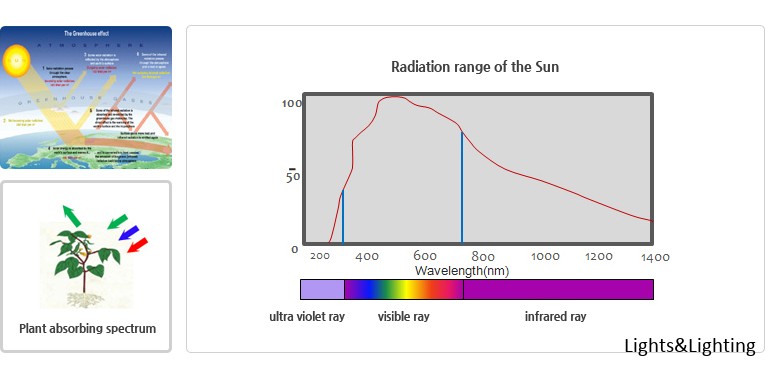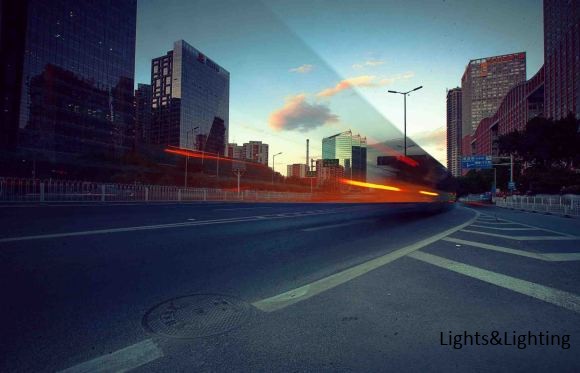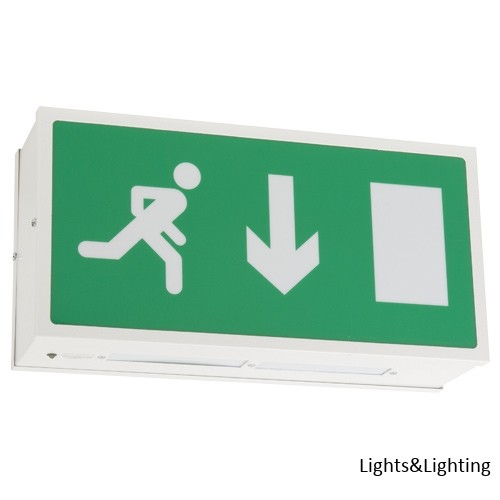Lighted exit signs hardwire into an electrical system that keeps them lit for visibility. They mount near exit route doors and doorways, marking exits and passages toward exits to guide people out of buildings. Signs with battery backup switch to their battery during a power outage. Signs without battery backup are commonly used in buildings with emergency systems that supply power during an outage. Local safety codes may require that lighted emergency exit signs be made of a specific material and have lettering and graphics of a specific color, size, and arrangement. General purpose signs install in dry, nonhazardous locations such as schools, offices, and commercial buildings. Edge-lit signs provide uniform light distribution for better visibility and a slim design for a more upscale look than typical, box-style exit signs. Wet location signs withstand exposure to water. Vandal-resistant signs resist impacts and tampering in high-abuse or rough service areas.
Plastic Lighted Exit Signs
Plastic lighted exit signs won't rust and are lightweight to ease installation. They are a cost-effective alternative to steel in areas where local safety codes don't require steel housings and where fixtures won't be subject to impacts or abuse.
Aluminum Lighted Exit Signs
Aluminum lighted exit signs provide a more upscale look than plastic and steel for marking exits in high-end commercial environments. They are a more cost-effective and corrosion-resistant alternative to steel signs in installations where local safety codes don't require steel housings.
Steel Lighted Exit Signs
Steel lighted exit signs withstand heavy-duty use in areas where the signs may be subject to impacts or abuse. They are commonly used where local safety codes require steel housings. Exit signs that are Chicago or New York City approved meet specific city code requirements for housing materials, light output, letter color and size, and directional arrow/chevron color, size, and placement.
Wheelchair Lighted Exit Signs
The wheelchair pictogram on these lighted exit signs provides an international symbol of accessibility (ISA) that directs people toward exits that are wheelchair accessible. They are commonly used to mark exit routes where there are no stairs or obstructions that would prohibit wheelchair use. Also known as Connecticut-approved exit signs, they have been adopted as part of building codes in some jurisdictions to promote safe egress for all building occupants.







